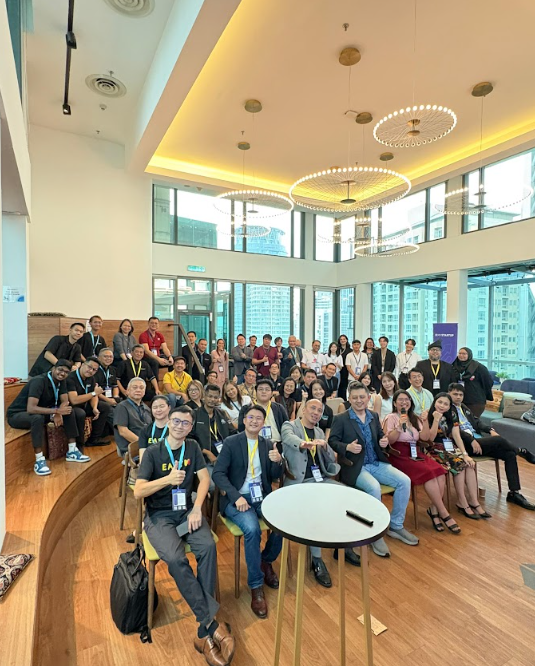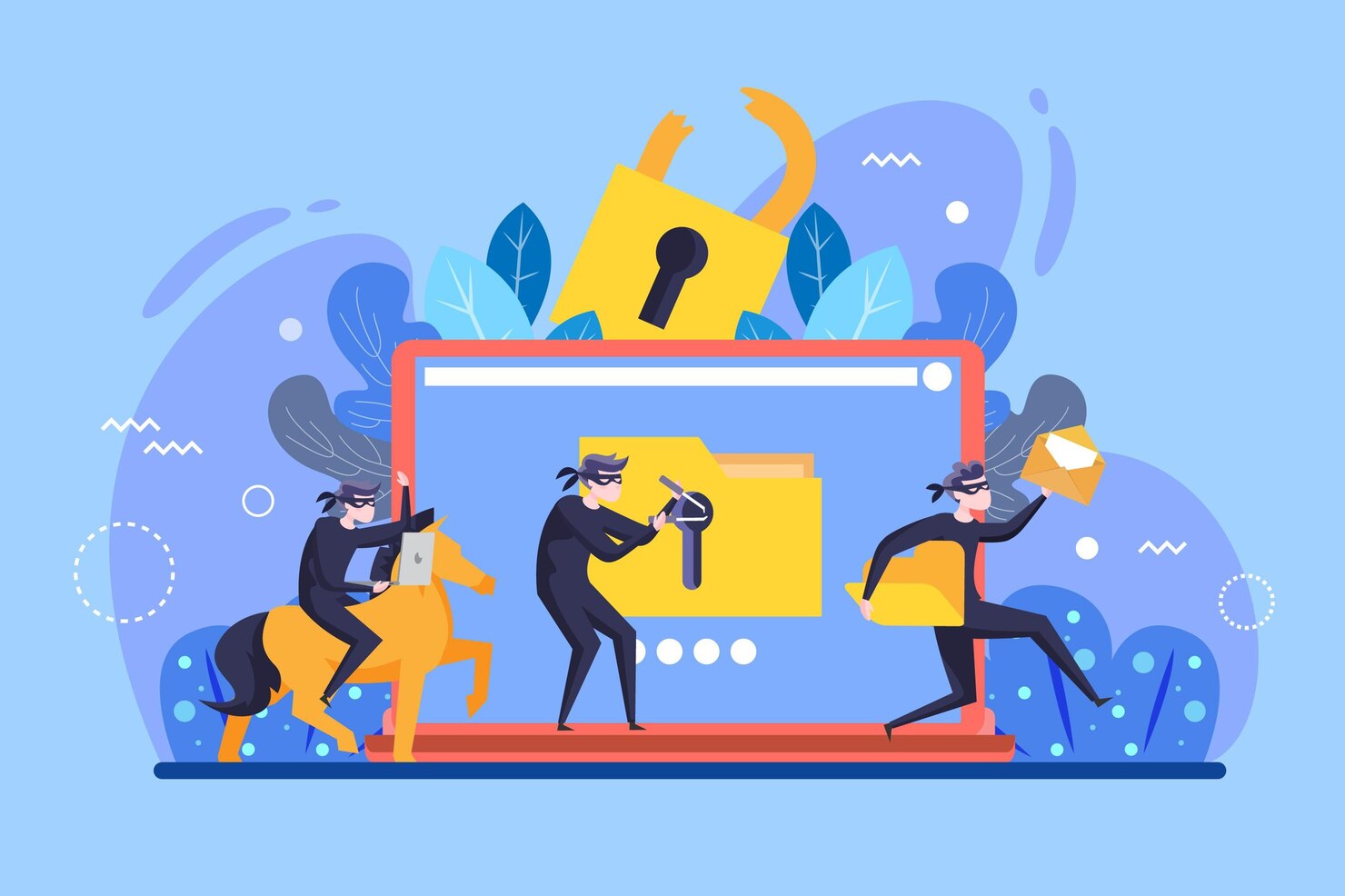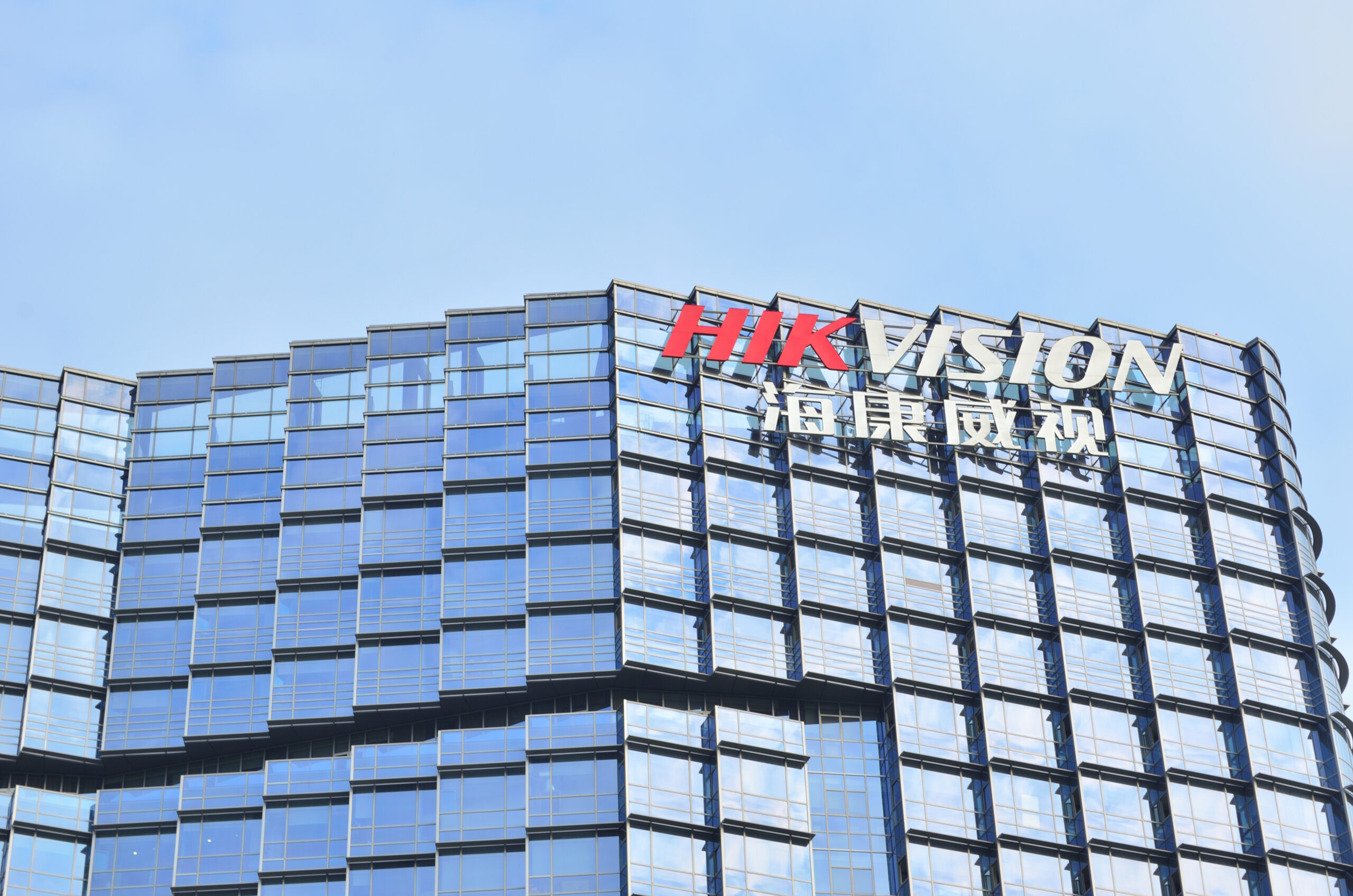Paolo Ardoino, CEO of blockchain platform Tether, emphasizes that only localized AI models can ensure the protection of people’s privacy. He advocates for AI models that are executable locally, which would also enhance their resilience and independence.
In a recent statement, Ardoino highlighted that modern technology, including smartphones and laptops, possesses sufficient power to “fine-tune general large language models (LLMs) with users’ own data, preserving enhancements locally to the device.” He concluded his post with “WIP,” indicating that this is a “work in progress.”
Paradigm Shift in User Privacy
In an interview with Cointelegraph, Ardoino elaborated on the significance of locally executable AI models, describing it as a “paradigm shift” in terms of user privacy and independence. “By running directly on the user’s device, be it a smartphone or laptop, these models eliminate the need for third-party servers. This not only ensures that data stays local, enhancing security and privacy, but also allows for offline use.” This approach enables users to benefit from “powerful AI-driven experiences and data analysis” while maintaining complete control over their information.
Tether has recently announced its foray into AI, with Ardoino stating that the company is “actively exploring” the integration of locally executable models into its AI solutions. This move comes in response to a recent hack experienced by ChatGPT developer OpenAI.
OpenAI Hack and Privacy Concerns
Earlier in 2023, a hacker gained access to OpenAI’s internal messaging systems, compromising sensitive details about the company’s AI design. Sources close to the incident revealed that the hacker stole information from discussions among OpenAI employees about the company’s technologies. Additionally, it was discovered that conversations of macOS users using ChatGPT were stored in plain-text files, not encrypted.
Shortly after Apple announced the integration of ChatGPT with its new “Apple Intelligence” lineup, this issue was reportedly resolved. However, the community remains skeptical about the incident’s occurrence, speculating that OpenAI might have accessed the chat logs to further develop and train ChatGPT.
Big Tech and AI Monopolies
OpenAI is among the leading AI developers, alongside Google, Meta, and Microsoft. Industry analysts and governments worldwide have expressed concerns about a potential Big Tech monopoly over AI models, which could impact user privacy and control over data. There are increasing calls for the decentralization of AI, with initiatives like 6079 challenging Big Tech’s dominance to ensure a fairer future for AI development.
| Aspect | Details |
|---|---|
| Local AI Models | Execute AI locally on devices, enhancing privacy and security |
| Power of Modern Devices | Smartphones and laptops can fine-tune LLMs with user data locally |
| Privacy and Independence | Eliminates need for third-party servers, allowing offline use |
| Tether’s AI Plans | Exploring integration of locally executable AI models |
| OpenAI Hack | Hacker accessed sensitive details, raising concerns over data security |
| ChatGPT Privacy Issue | macOS user conversations stored in plain text, leading to community skepticism |
| Big Tech AI Monopoly | Concerns over privacy and data control with Big Tech’s dominance in AI |
| Decentralization Calls | Initiatives like 6079 advocating for a decentralized approach to AI development |
Experts in the field of AI and cybersecurity have weighed in on the importance of localized AI models. Some argue that this approach is crucial for enhancing data security and privacy, while others highlight the challenges in ensuring seamless performance across various devices.
- Pro-Localization View: Advocates argue that local execution of AI models is essential for maintaining user privacy and preventing data breaches.
- Challenges: Critics point out that ensuring consistent and high performance of AI models across diverse devices may be challenging.
The shift towards locally executable AI models could redefine the landscape of AI development and deployment. This approach not only promises enhanced privacy and security for users but also encourages innovation by reducing reliance on centralized servers. As Tether and other companies explore this paradigm, the broader implications for the tech industry and user data privacy will continue to unfold.
Paolo Ardoino’s advocacy for localized AI models reflects a growing trend towards enhancing user privacy and security in the digital age. As Tether explores integrating these models into its AI solutions, the move signals a significant step towards decentralizing AI and empowering users with greater control over their data. The broader tech industry will be closely watching these developments, particularly in light of recent security breaches and ongoing concerns about Big Tech’s influence over AI.













